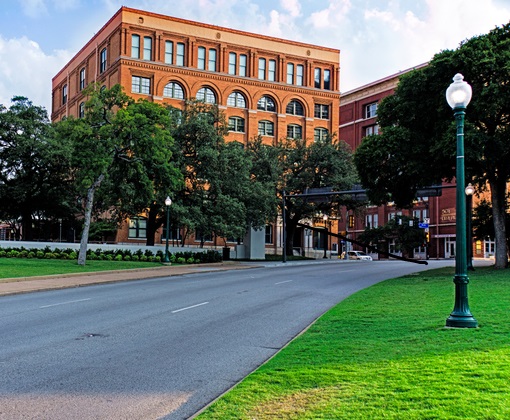November 22, 1963, is a date etched in the annals of history and in our minds. A day that left an unbelievable mark on our collective consciousness as a nation and in my young mind as a child. On that fateful afternoon, the news of President John F. Kennedy’s assassination sent shockwaves across the United States, reverberating through the hearts and minds of all of us. I vividly remember the moment when I first heard the tragic news, a day that would change the course of history and my sense of security.
It was a crisp, autumn day, and I was in Mrs. Bender’s 4th grade class. She came into our classroom looking pale and gaunt. Her solemn voice shattered the ordinary flow of that school day and when she said that President Kennedy had just been shot in Dallas, Texas even my young mind at the time could tell that something very bad had just happened. Time seemed to stand still as the gravity of those words sunk in, a heavy pall settling over the nation.
In the early 1960s, Kennedy represented hope, charisma, and a vision for a brighter future. His youthful vigor and eloquent speeches had inspired a generation, promising a new frontier of progress and unity. The nation was captivated by the promise of change, and Kennedy’s assassination shattered those dreams in an instant.
As the news unfolded of his assassination, a profound sense of disbelief swept over me. How could this happen to the leader of the free world, a man who symbolized the aspirations of a nation? Someone who seemed like such a nice person? The air was charged with uncertainty, and the collective grief of a grieving nation was palpable. It was as if a beacon of hope had been extinguished, leaving behind a void that seemed insurmountable. The only thing that could come close to the disbelief that I felt that day was years later when I heard that someone, for no apparent reason, had shot and killed John Lennon.
The ensuing days were a blur of somber television broadcasts, tear-streaked faces, and a nation in mourning. The iconic image of Jacqueline Kennedy, clad in a blood-stained pink suit, standing stoically beside Lyndon B. Johnson as he took the oath of office aboard Air Force One, is seared into my memory. The abrupt transition of power underscored the fragility of democracy and the vulnerability of even the most powerful figures.
Kennedy’s assassination marked a turning point in American history, challenging the collective optimism that had defined the early 1960s. The nation grappled with a profound loss, not just of a president but of an era’s promise. The idealism that Kennedy had embodied was replaced by a sobering reality, punctuated by the violence of that tragic day.
In the aftermath, conspiracy theories emerged, adding a layer of complexity to the already devastating narrative. Questions lingered, and doubts persisted, casting a shadow over the official account of events. The Kennedy assassination became a symbol of the fragility of truth and the enduring human tendency to seek meaning in the face of incomprehensible tragedy.
Reflecting on that momentous day, I am reminded that history is often shaped by unforeseen events, altering the trajectory of nations and individuals alike. Kennedy’s assassination served as a stark reminder of the impermanence of power and the profound impact that a single act of violence can have on the course of history. As we remember that tragic day, we are compelled to honor the legacy of a leader who, in his untimely death, became a symbol of resilience, courage, and the enduring quest for a better tomorrow.


Get involved!
Comments